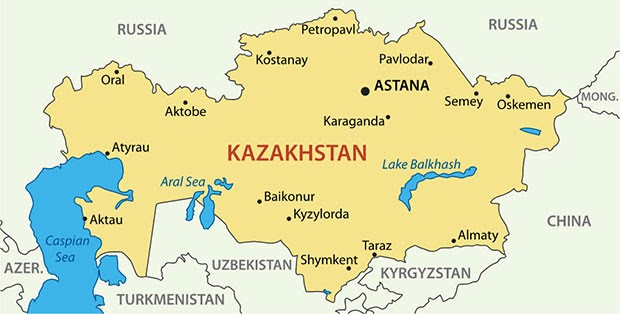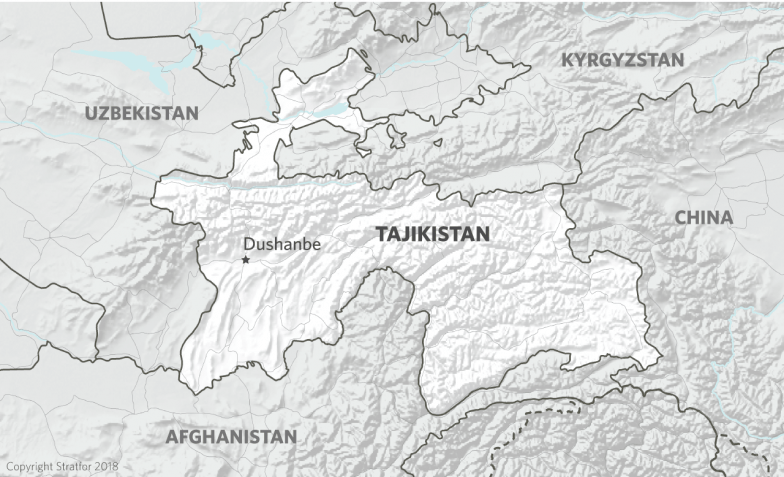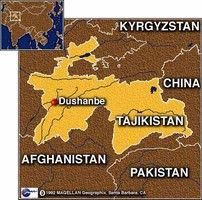BOKHTAR, Tajikistan (TCA) — Over 400,000 people in rural Tajikistan will gain access to clean drinking water and around 100,000 people, mostly children, will benefit from better sanitation facilities and hygiene training, thanks to the World Bank-financed Rural Water Supply and Sanitation Project, launched on September 25 in Bokhtar, the Bank said. The launch ceremony was attended by Yusuf Majidi, Tajik Deputy Minister of Finance, Khairullo Amonullo, Deputy Governor of Khatlon region, Jamshed Tabarzoda, General Director of the State Unitary Enterprise "Khojagii Manziliyu Kommunali", Jan-Peter Olters, World Bank Country Manager for Tajikistan, and representatives of local governments, development institutions, civil society, media, and beneficiary communities. “Increasing access to safe water and quality sanitation services for the population is the highest priority for the Government of Tajikistan,” said Jamshed Tabarzoda, General Director of SUE KMK. “We look forward to continuing our strong collaboration with the World Bank to advance this important agenda for the long-term health, well-being and prosperity of people residing in the selected districts.” The project, implemented with a $58 million grant, will focus on helping communities in the southern Khatlon region with the highest levels of poverty and inadequate access to clean water, sanitation, and hygiene (WASH) conditions, specifically Vakhsh, Levakand (Sarband), Kushoniyon (Bokhtar), Dusti (Jilikul), Balkhi (Rumi), Jayhun (Qumsangir) and Vose. “Only one in three households living in rural Tajikistan have access to running water, disproportionately affecting women and children and exposing them to elevated health risks from diarrhea to malnutrition and stunting,” said Jan-Peter Olters, World Bank Country Manager for Tajikistan. “To improve health, education, and social outcomes, the World Bank will support efforts to strengthen critical infrastructure and the institutional architecture.” The project will support ongoing water-sector reforms by strengthening water utilities in target districts. The branches of the State Unitary Enterprise "Khojagii Manziliyu Kommunali" will be restructured and strengthened to improve the quality of its service delivery. And, to increase access to water and sanitation services countrywide, the project will support the development of the State Program on Drinking Water Supply and Wastewater for the period 2021–30. In partnership with UNICEF and the Ministry of Education and Science of Tajikistan, the project will promote the adoption of improved hygiene practices. Sanitation facilities in about 200 schools and health clinics will also be constructed or rehabilitated. Grants will be provided to about 1,000 of the poorest households to help improve sanitation conditions in their homes. Over the next five years, the Rural Water Supply and Sanitation Project will be implemented by the State Unitary Enterprise "Khojagii Manziliyu Kommunali" and the Ministry of Energy and Water Resources, through the Local Infrastructure Development Project Management Unit under the Government of Tajikistan.





